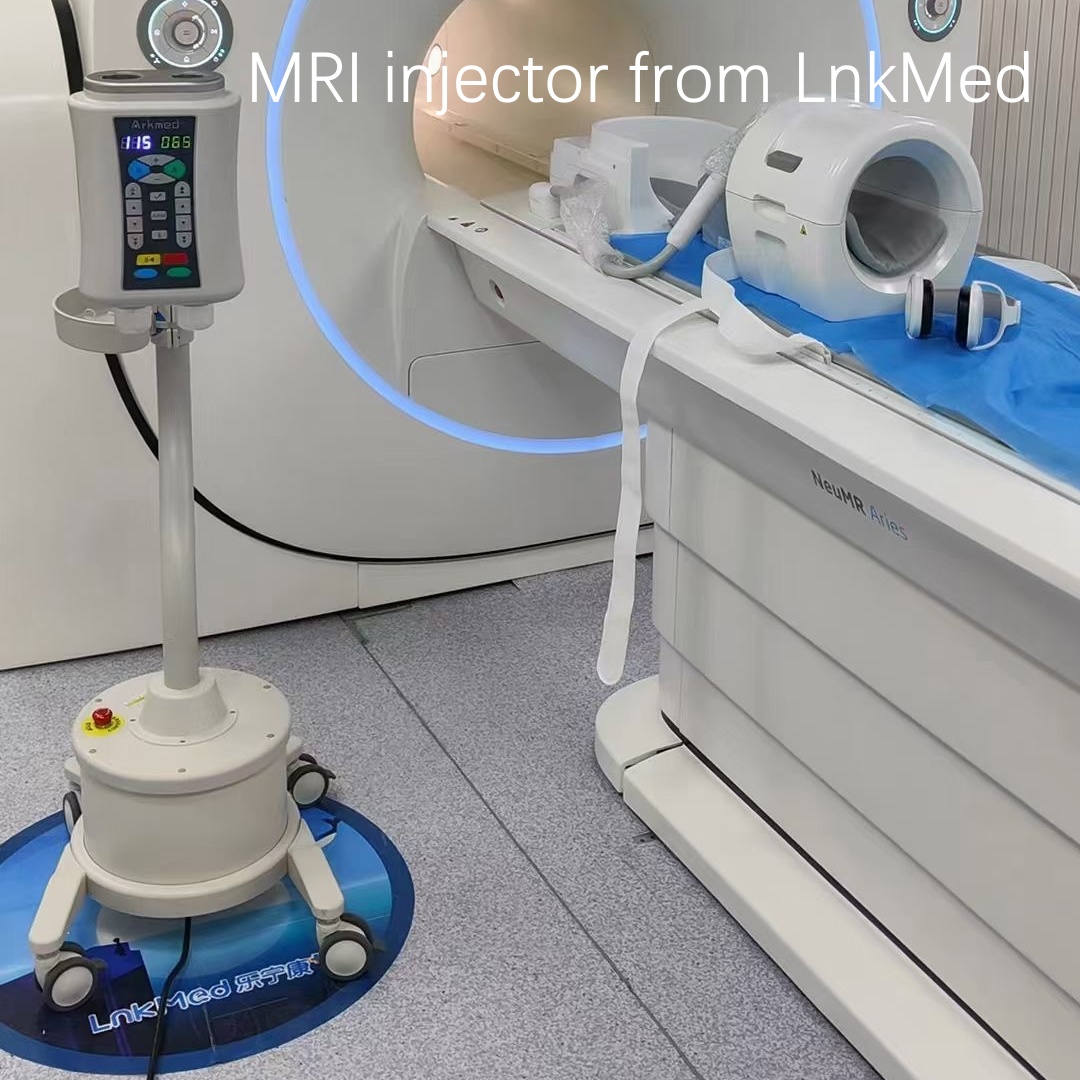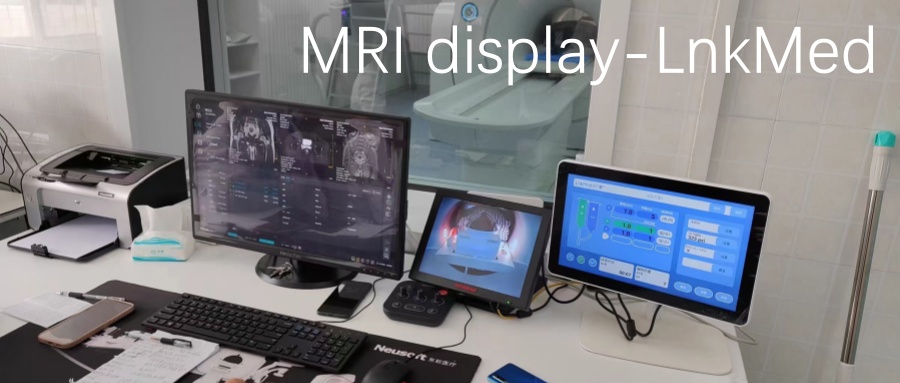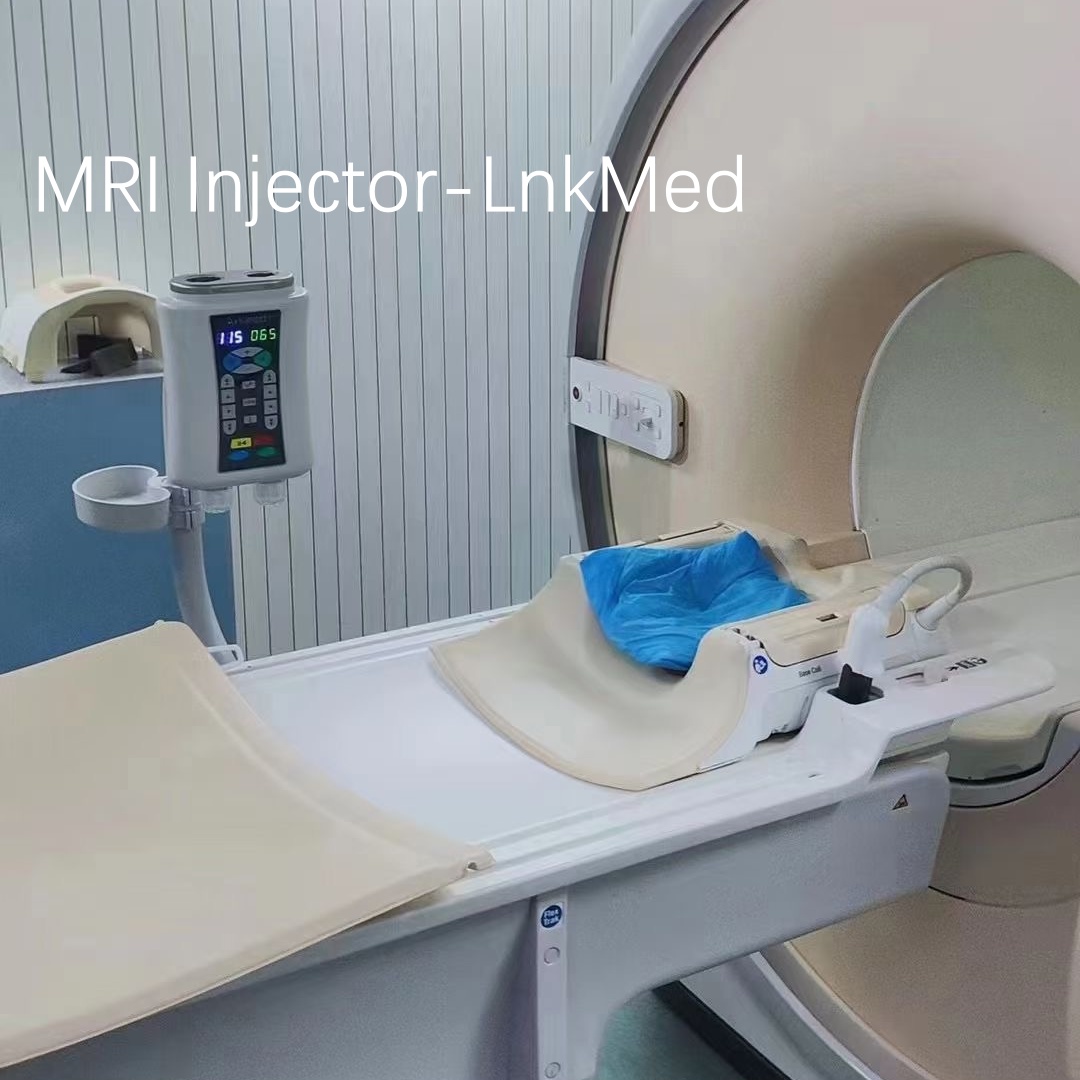In the previous article, we discussed the physical conditions that patients may have during MRI and why. This article mainly discusses what patients should do to themselves during MRI inspection to ensure safety.
1. All metal objects containing iron are prohibited
Including hair clips, coins, belts, pins, watches, necklaces, keys, earrings, lighters, infusion racks, electronic cochlear implants, movable teeth, wigs, etc. Female patients need to remove metallic underwear.
2. Do not carry magnetic articles or electronic products
Including all kinds of magnetic cards, IC cards, pacemakers and hearing AIDS, mobile phones, ECG monitors, nerve stimulators and so on. Cochlear implants are safe in magnetic fields below 1.5T, please consult your doctor for details.
3. If there is a history of surgery, be sure to inform the medical staff in advance and inform if there is any foreign body in the body
Such as stents, postoperative metal clips, aneurysm clips, artificial valves, artificial joints, metal prostheses, steel plate internal fixation, intrauterine devices, prosthetic eyes, etc., with tattooed eyeliner and tattoos, should also be informed, by the medical staff to determine whether it can be examined. If the metal material is titanium alloy, it is relatively safe to check.
4. If a woman has a metal IUD in her body, she needs to inform her in advance
When a woman has a metal IUD in her body for pelvic or lower abdominal MRI, in principle, she should go to the obstetrics and gynecology department to have it removed before being examined.
5. All kinds of carts, wheelchairs, hospital beds and oxygen cylinders are strictly prohibited near the scanning room
If the patient needs the assistance of family members to enter the scanning room, the family members also need to remove all metal objects from their body.
6. Traditional pacemakers
“Old” pacemakers are an absolute contraindication for MRI. In recent years, MRI-compatible pacemakers or anti-MRI pacemakers have appeared. Patients who have an MMRI compatible pacemaker or implantable defibrillator (ICD) or cardiac resynchronization therapy defibrillator (CRT-D) implanted may not have an MRI at 1.5T field intensity until 6 weeks after implantation, but the pacemaker, etc., needs to be adjusted to magnetic resonance compatible mode.
7: Stand
Since 2007, almost all imported coronary stents on the market can be examined with MRI equipment with a field strength of 3.0T on the day of implantation. Peripheral arterial stents before 2007 are highly likely to have weak magnetic properties, and patients with these weak magnetic stents are safe for MRI 6 weeks after implantation.
8. Manage your emotions
When doing MRI, 3% to 10% of people will appear nervous, anxiety and panic, and severe cases may appear claustrophobia, resulting in inability to cooperate with the completion of the examination. Claustrophobia is a disease in which a pronounced and persistent excessive fear is felt in enclosed Spaces. Therefore, patients with claustrophobia who need to complete an MRI need to be accompanied by relatives and closely cooperate with the medical staff.
9. Patients with mental disorders, newborns and infants
These patients need to go to the department for examination in advance to prescribe sedative drugs or consult the relevant doctor for guidance throughout the process.
10. Pregnant and lactating women
Gadolinium contrast agents should not be used in pregnant women, and MRI should not be performed in pregnant women within 3 months of pregnancy. At clinically used doses, very small amounts of gadolinium contrast can be secreted through breast milk, so lactating women should stop breastfeeding within 24 hours of gadolinium contrast application.
11. Patients with severe renal insufficiency [glomerular filtration rate <30ml/ (min·1.73m2)]
Gadolinium contrast should not be used in the absence of hemodialysis in such patients, and should be carefully considered in infants under 1 year of age, people with allergies, and people with mild renal insufficiency.
12. Eating
Do abdominal examination, pelvic examination of patients need to fasting, pelvic examination should also be appropriate to hold urine; For patients undergoing enhanced scan, please drink water properly before the examination and bring mineral water with you.
Although there are many safety precautions mentioned above, we do not have to be too nervous and anxious, and the family members and patients themselves actively cooperate with the medical staff during the inspection and do it as required. Remember, when in doubt, always communicate with your medical staff in advance.
———————————————————————————————————————————————————————————————————————————————————————–
This article is from the news section of LnkMed official website. LnkMed is a manufacturer specializing in the development and production of high pressure contrast agent injectors for use with large scanners. With the development of the factory, LnkMed has cooperated with a number of domestic and overseas medical distributors, and the products have been widely used in major hospitals. LnkMed’s products and services have won the trust of the market. Our company can also provide various popular models of consumables. LnkMed will focus on the production of CT single injector,CT double head injector, MRI contrast media injector, Angiography high pressure contrast media injector and consumables, LnkMed is constantly improving the quality to achieve the goal of “contributing to the field of medical diagnosis, to improve the health of patients”.
Post time: Mar-25-2024











